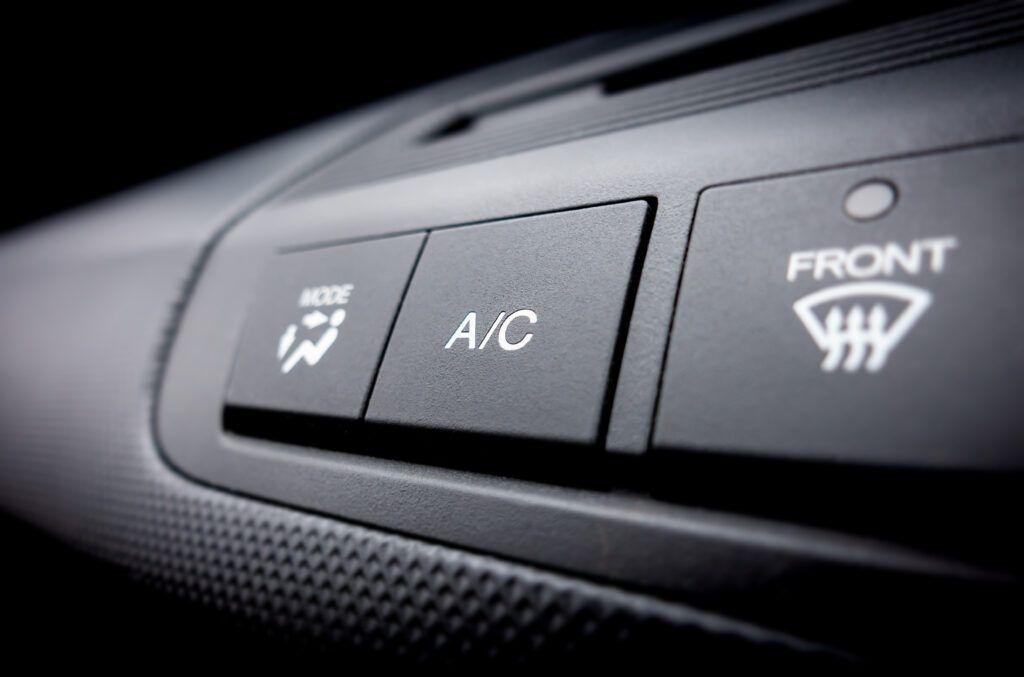Not so many years ago, a heat pump was a strange, unknown concept for the vast majority of us. The thing is, heat pumps have begun to enter our usual vocabulary with the arrival of electric vehicles as before the latter existed, they were not used. In addition, it should be noted that this component plays a vital role in the operation of these vehicles, so it is important to know their usefulness and how they work. So, for those who are still clueless on the subject, in this post we would like to talk about what heat pumps are and what are they for.
What is a heat pump?
The quick answer is that a heat pump is a component that is integrated into the climate control system of most electric vehicles, standing out for its high energy efficiency. However, contrary to what may be thought initially, it is not only used to air-condition the passenger compartment of the vehicle. Its function goes much further: it plays a very important role in battery climate control, with all that this entails.
The technology used by a heat pump is based on thermodynamics: it transports energy in the form of heat through different environments and uses a process related with the change in state of the vehicle’s refrigerant fluid from liquid to gas. To do so, it uses a compressor, an evaporator and a condenser, in addition to the refrigeration circuit itself and the refrigerant liquid. So, the system takes heat from the passenger compartment and from the vehicle’s electrical systems and transforms it into more heat or cold depending on what the driver selects, also keeping the vehicle battery at a suitable temperature.
Heat pumps in electric vehicles
Heat pumps are especially relevant in electric vehicles owing, first and foremost, to the air conditioning of the batteries, as this type of vehicles works more efficiently at average temperatures, neither too low nor too high. In this regard, it is no secret that high temperatures contribute to the shortening of the working life of the batteries and hence to the loss of autonomy of the vehicle.
In most electric vehicles, heat pumps are included as standard equipment. However, in those where they are not included, they can be installed. Something that, as we have been saying, is really interesting to ensure greater autonomy. Furthermore, this type of heating and cooling system consumes much less electricity than other technologies designed to do a similar job.
In summary: What are the main functions of a heat pump in an electric vehicle?
Main functions of a heat pump
- Cooling and heating
The heat pump of an electric vehicle not only controls the temperature inside the passenger compartment, being able to generate both heat and cold, but it is also responsible for controlling the temperature of the battery or batteries thereof. In this way, the component on which the autonomy of the vehicle depends is prevented from being subjected without protection to excessively high or low temperatures, with the wear and tear that this entails for its efficiency.
- Energy efficiency
A heat pump can generate more heat using less electricity than an alternative system, such as electric resistance or internal combustion systems. Hence, the thermal energy provided by a heat pump is much higher than the amount of electrical energy used to make it work. This is why it can be stated quite categorically that this system is very efficient in terms of energy.
In light of all the above, and with this information up your sleeve, correctly selecting electric vehicles for commercial or private use is easier. What’s more, they are more likely to result in greater performance.





